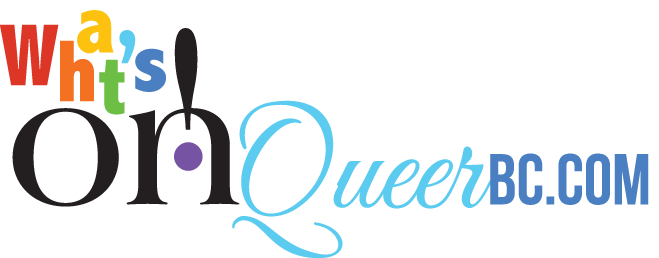5 signs You May be a Neurodivergent Queer
5 signs you may be a neurodivergent queer
by August Wambold
There's been quite the uptick in chronically underdiagnosed adults stumbling upon the discovery that their brains may be wired differently from the norm. The realization might hit like a freight truck - being neurodivergent can explain a LOT about how you perceive the world the way you do. And suddenly so much in your past makes sense. Sounds familiar? Here are five signs that might just resonate with those who are discovering and embracing their identity as a neurodivergent queer.
1. You've got a diagnosis
Have you received and autism or ADHD diagnosis? You're already much more likely than the neurotypical population to be queer. There's a whole host of scientific studies that have shown a strong correlation between the two: autistic people are 3x as likely to identify as trans, a whopping 43% of autistic women identify as homosexual, neurodivergent individuals are up to 8x as likely to be asexual, and gender variance was found 6.64 times more often in people with ADHD. There hasn't been a clear-cut answer to why, but common suspects surrounding differences in neurology and a predisposition to question social norms likely contribute.
2. You've mastered the art of authenticity
Someone once asked me, "If I can't understand social roles, how am I to understand gender roles?" Not vibing with traditional social structures isn't just our bread and butter, it's every single meal. Embracing that there's another way to see and live in this world leaves you open to a rainbow of other possibilities and ways to be. And hey, sometimes we mask to get by and participate in this neurotypical environment - there's no shame in coping. You're fiercely authentic, can live unapologetically, reject societal expectations, and are proud to be yourself - whether that's being passionate about special interests, or special lovers.
3. You face mental health challenges with grit
Both queer and neurodiverse individuals have a higher rate of struggles with depression, anxiety, trauma, and are at a greater risk of suicide. You're operating in a world that wasn't necessarily built to accommodate nuance and diversity. And unfortunately, neurodivergent queers are more likely to face barriers and prejudices in accessing medical and gender-affirming care. It's distressing when your competence in the understanding of yourself is questioned due to your neurodiversity.
For this reason, a lot of neurodivergent queers have had to invest more effort, more money, develop more resilience, and just put up with more dang shit to survive. If you're looking for a hand in navigating the world or your own brain, working with a queer-affirming neurodivergent counsellor can help!
4. You embrace labels like a pro
You collect labels like a seasoned explorer collects souvenirs. Labels, in the context of gender identity and neurodiversity, offer a language of inclusion and understanding. They become tools to articulate experiences and feelings that might not fit within the confines of conventional norms. For many queer neurodivergents, finding labels that accurately reflect their gender identity or neurodiverse traits is a way to communicate their truth to themselves and others.
Labels serve as tools for self-expression, allowing queer neurodivergents to communicate their identity authentically. They help to create a bridge to a broader community of individuals who share similar experiences. The journey of discovering labels is not a static process; it's a continual exploration providing fresh perspectives and insights. This ongoing self-discovery becomes a dynamic and evolving aspect of your identity.
5. You've found your own people
Birds of feather tend to flock, scream, dance, and imbibe together. Take a look at the company you keep and you may recognize a pack of endearing misfits. Look back at the people you chilled with in high school and it may not be much of a surprise if many ended up embracing queer and nuerodivergent labels later in life. Not only do we "get" each other, but we also share a bond built on patience, understanding, and empathy. Strong opinions mixed in with a dash of trouble and creativity is the way your people roll. These are your chosen family, and you wouldn't have it any other way.
August Wambold is a queer counsellor with an ADHD brain and tics, located in Vancouver BC. She runs Sunward Journeys, a therapy clinic offering hormone readiness assessments (HRAs), counselling, and community for queer and/or neurodivergent individuals.





